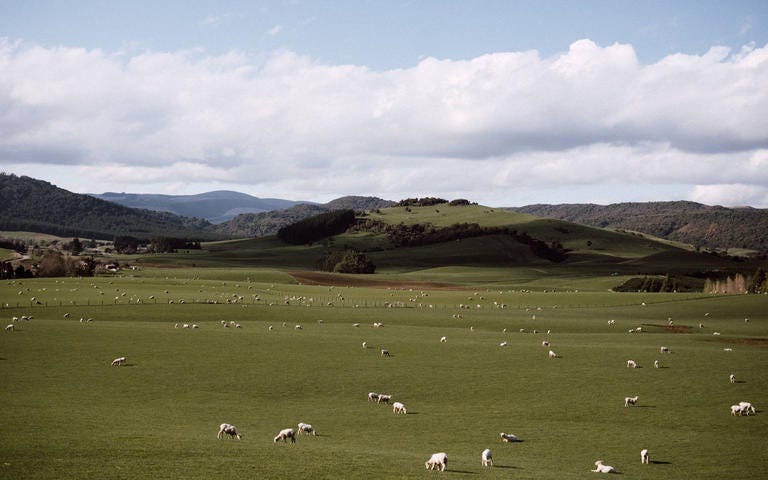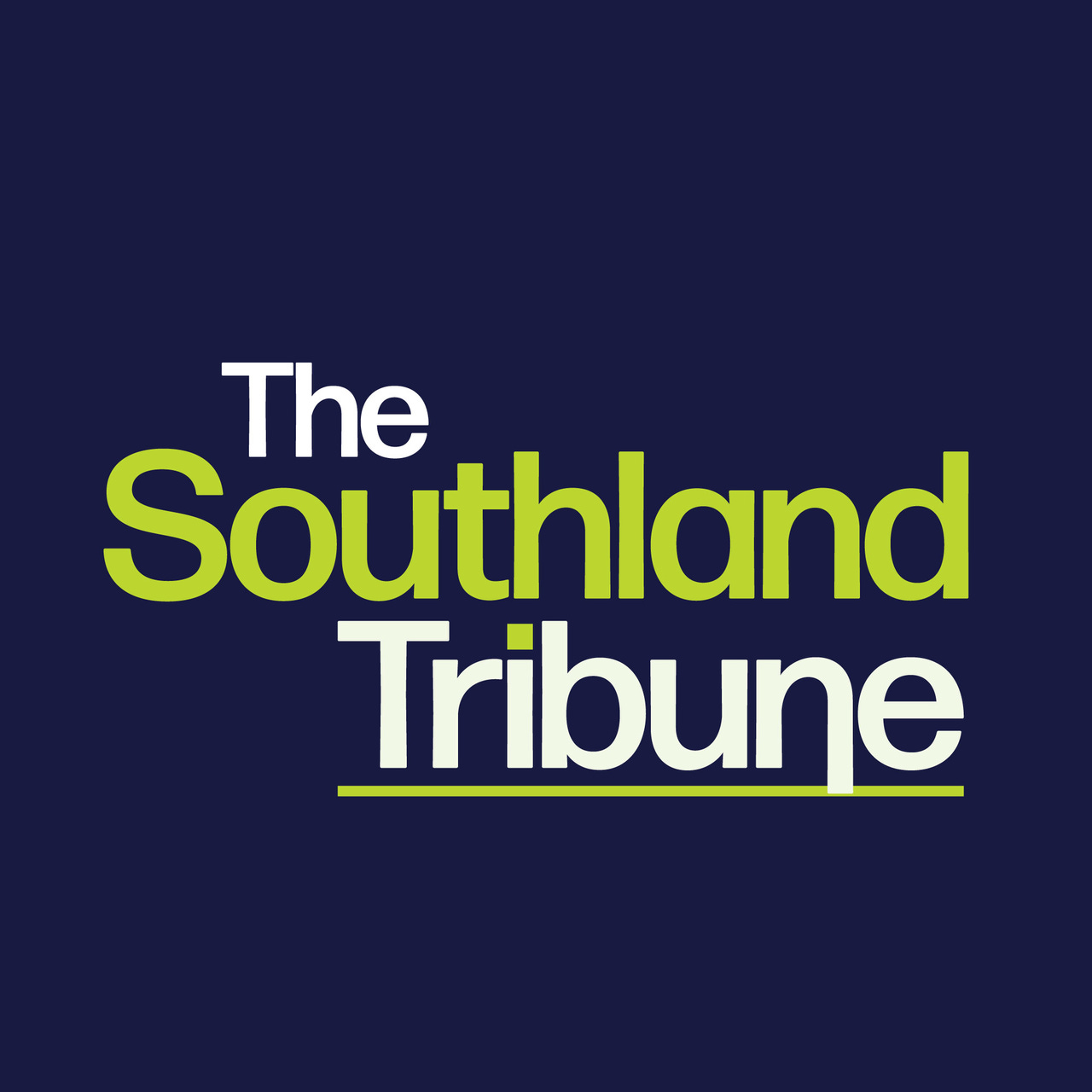Fed Farmers: Rural ratepayers are fed up
Federated Farmers local government spokesperson Sandra Faulkner said council rates hikes have climbed well above inflation for several decades, but the pressure on ratepayers had only worsened.

Sign up to get each Southland Tribune edition sent to your email inbox.
Councils have a mountain to climb to win back the trust of rural ratepayers, according to Federated Farmers.
And they say it starts with cutting “wasteful spending” and sharing the burden more fairly.
Federated Farmers local government spokesperson Sandra Faulkner said council rates hikes have climbed well above inflation for several decades, but the pressure on ratepayers had only worsened.
“When elections happen this October, voters should back candidates who commit to capping general rate increases at inflation - unless there’s a genuinely extraordinary reason not to,” Faulkner said.
In the deep south, the Invercargill City Council and Southland District Council ratepayers are both in line for 7% increase for 2025-2026, while the Gore District is set for 8.9%, and Environment Southland 8.8%.
Faulkner said rural ratepayers are fed up with footing the bill for “urban-centric services they don’t use and aren’t connected to”.
“It’s time to scrap unfair rating differentials and shift towards targeted uniform charges and annual general charges to reduce reliance on property value-based rates.”
Federated Farmers is calling for legislation changes that would require binding referenda on any council commercial projects that cost more than $500 per rateable property.
“We’re not talking about sewage treatment plants, bridges, or other such essential infrastructure,” Faulkner said.
“We’re meaning commercial ventures like stadiums, conference centres, and marinas that are beyond core council purposes and can destroy balance sheets.
“It’s not to say these projects can’t happen, but ratepayers should get to make the final call.”
Federated Farmers believes road users, rather than property owners, should be paying for local roads and bridges - as is the case for State Highways.
“We’re calling for 90% of local roading maintenance and renewal costs to come from fuel excise tax and road user charges, rather than rates. Currently, the average is only 53%.
“Property value rates are a particularly poor mechanism to fund roads for the same reason as general taxation: it doesn’t tie those who use roads with those who pay for roads.
“This system also lacks logic. In areas with a lot of tourism or freight, for example, locals are left paying for roading networks that serve a wider regional or national purpose.”
Faulkner said with council elections looming, now’s a great chance to ask some tough questions of councillors seeking re-election - and those challenging them for seats - on how they’ll lessen the rural rates burden.







I agree with federated farmers,our rates should be capped at the inflation rate.l also think the rating system is unfair and the whole system needs to be revisited,the govt needs to take a strong look at local govt,how it works and how much control and influence the council staff have over how our rates are spent.Its very easy for staff who are earning good wages to forget how many people and businesses are struggling to pay their rates something needs to change and quickly.I for one will be asking at this election of individual want to be councillors what their stand is on this very important topic
Very good comments Sandra and one which I do hope the local voted in representatives take notice of in October!!!!! I have only just returned from one of many visits to Japan I have undertaken in the last 40 plus years and the subject of "local spending" was a topic I found interesting. It was the equivalent of "Central Government" are the ones who fund the likes of the local roading and bridges infrastructure over there, not the equivalent of our "local Government" here and how the ratepayers are left with the request to pay.